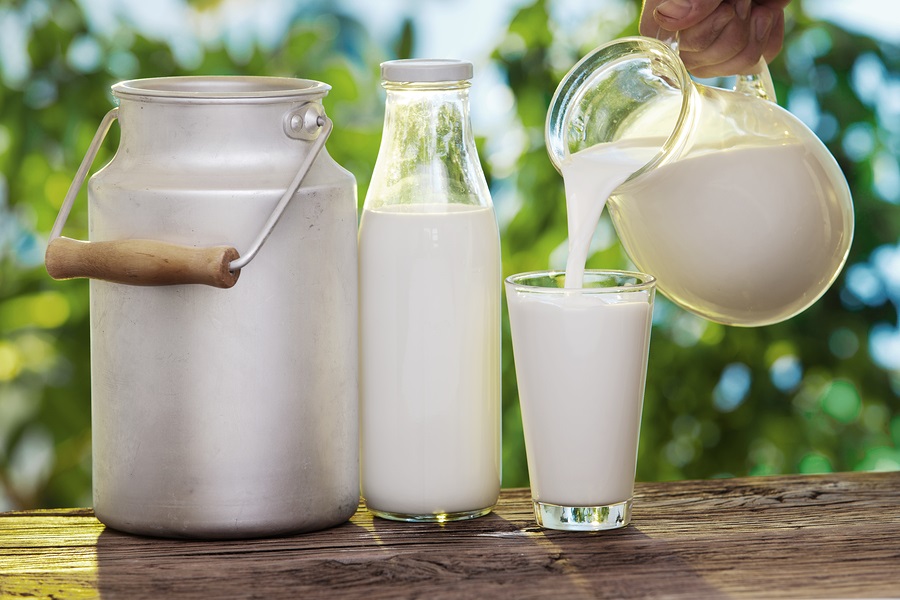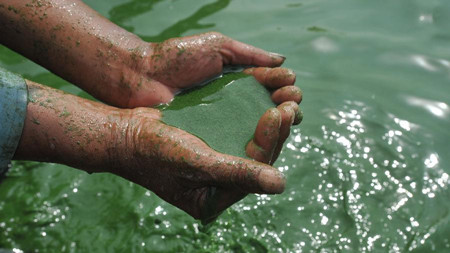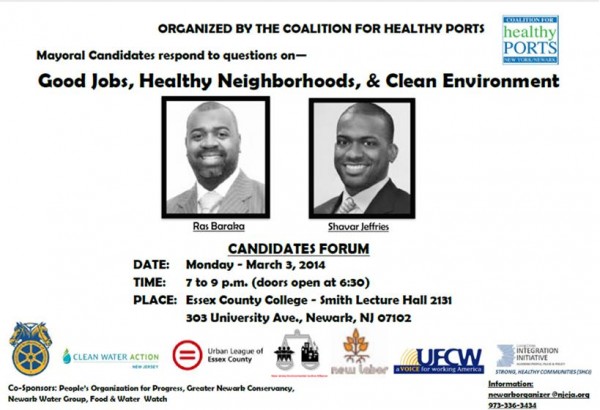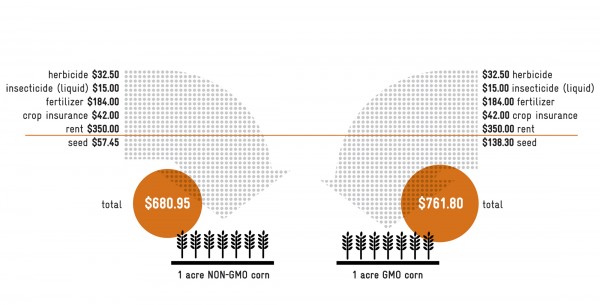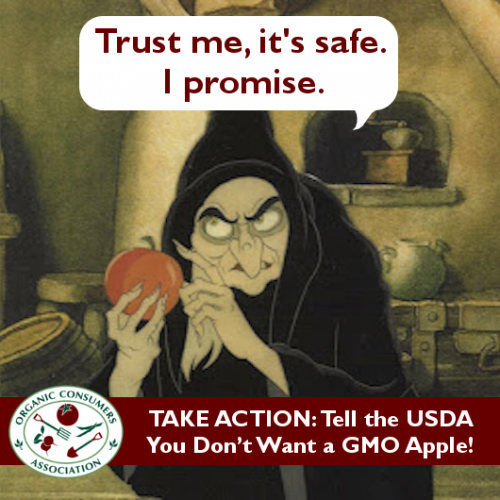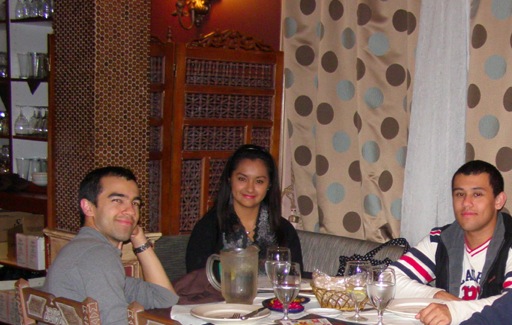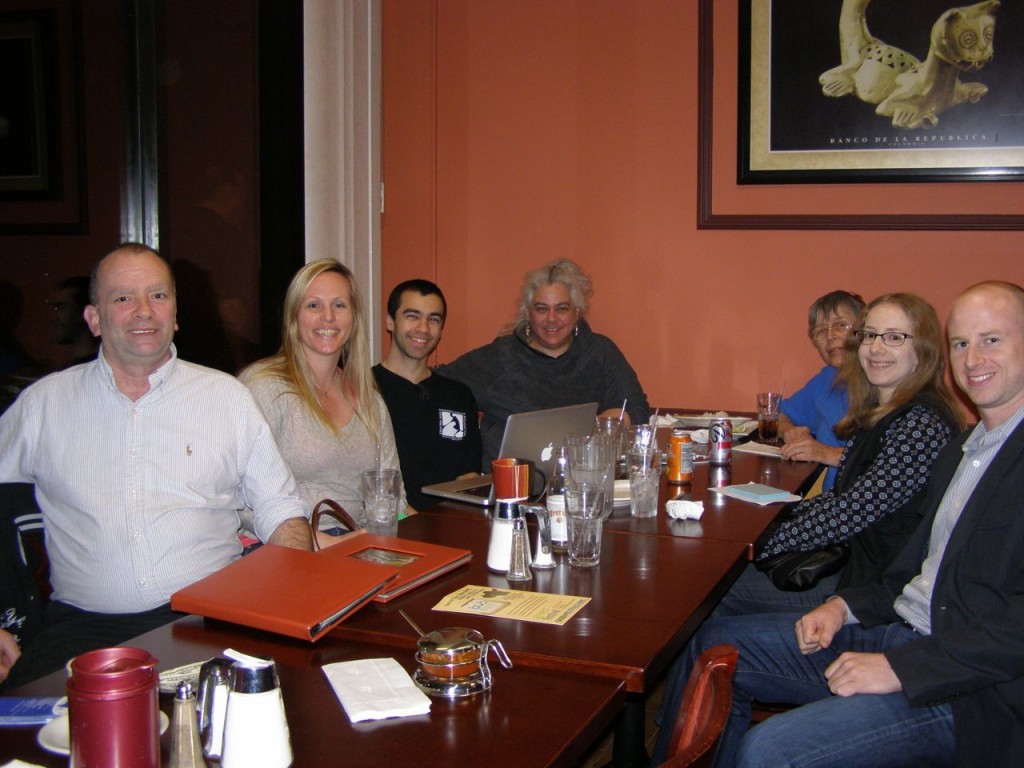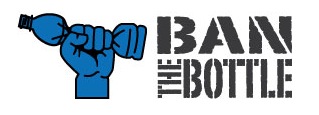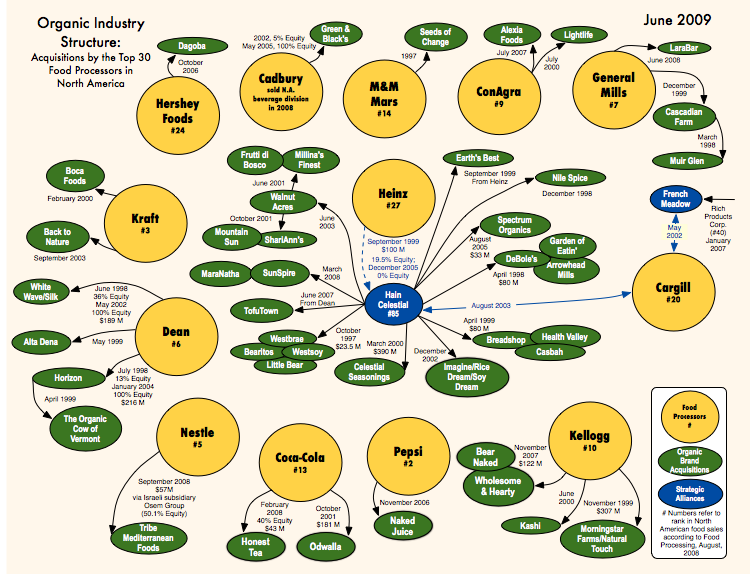A Swedish study of 100,000 pasteurized milk drinkers shows a strong correlation between 1-2 glasses per day milk consumption and early death, plus osteoporosis leading to bone breaks. The results from eating cheese and fermented milk products like yogurt are different, and do not produce these unfortunate results.
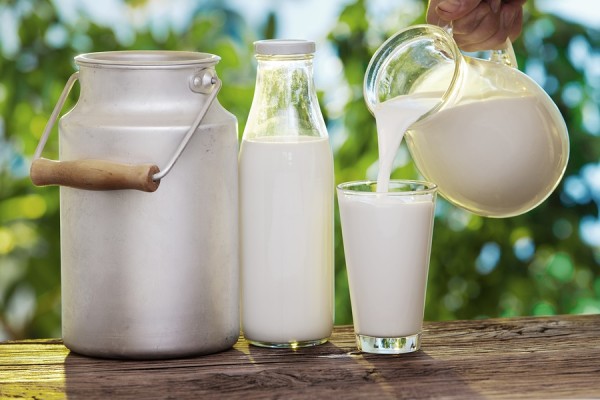
Natasha Longo in a RiseEarth article reviews the study and breaks down the science of how pasteurization transforms healthy, raw (unheated) milk into a compound that leeches calcium out of bones and injects our bodies with toxins we can’t handle. More damningly, Natasha talks about why Big Dairy uses pasteurization.
(People) think (milk’s) safe due to pasteurization. However, heat destroys a great number of bacteria in milk and thus conceals the evidence of dirt, pus and dirty dairy practices. It’s cheaper to produce dirty milk and kill the bacteria by heat, that to maintain a clean dairy and keep cows healthy. To combat the increase in pathogens milk goes through ‘clarification’, ‘filtering’, ‘bactofugation’ and two ‘deariation’ treatments. Each of these treatments uses heat ranging from 100-175 degrees Fahrenheit. Dairies count on many heat treatments to mask their inferior sanitary conditions: milk filled with pus, manure and debris. Consumer Reports found 44% of 125 pasteurized milk samples contained as many as 2200 organisms per cubic centimeter (fecal bacteria, coliforms)
Pasteurization also destroys vitamin C, and damages water soluble B vitamins diminishing the nutrient value of milk. Calcium and other minerals are made unavailable by pasteurization.
